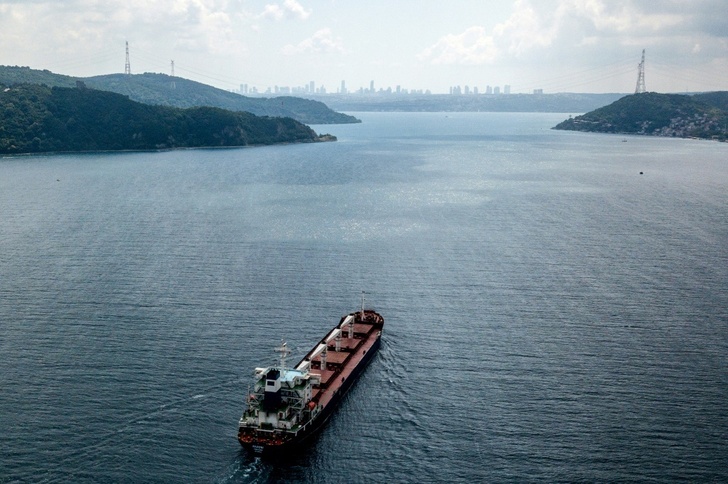Ukrainian President Volodymyr Zelensky has lashed out at Amnesty International after it accused his forces of violating international law and endangering civilians in their defence against Russia's invasion.
The sharp rebuke came as three more ships loaded with over 58,000 tonnes of Ukrainian grain were set to depart from Black Sea ports on Friday under a recent agreement between Moscow and Kyiv aimed at easing a global food shortage.
In a report on Thursday, Amnesty listed incidents in 19 cities and towns in which Ukrainian forces appeared to have put civilians in harm’s way by establishing bases in residential areas -- findings Zelensky equated to victim blaming in his evening address.
The rights group, he said, had sought to offer "amnesty (to) the terrorist state and shift the responsibility from the aggressor to the victim".
"There is no condition, even hypothetically, under which any Russian strike on Ukraine becomes justified. Aggression against our state is unprovoked, invasive and terrorist," he added.
"If someone makes a report in which the victim and the aggressor are supposedly equal in some way... then this cannot be tolerated."
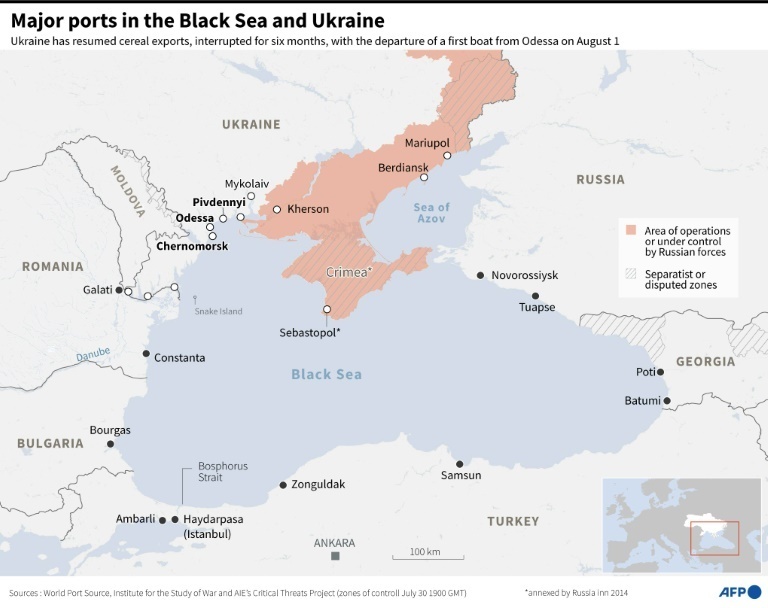
The group noted, however, that the tactics "in no way justify Russia's indiscriminate attacks", which have battered civilian populations.
On Thursday, Russian bombardments targeted several towns and villages, including Mykolaiv in the south, where residential buildings were damaged in two neighbourhoods, according to the mayor.
Eight people were killed and four wounded on Thursday by a Russian strike that hit a bus stop in Toretsk, near the eastern front line, the regional governor announced.
And in Kharkiv, the country's second most populous city, local authorities reported Russian missile attacks on industrial zones.
Ukrainian forces are conducting a counter-offensive in the country's south, where they claim to have retaken more than 50 villages previously controlled by Moscow.
– New grain shipments –
Meanwhile, three more ships laden with Ukrainian maize were set to depart on Friday morning -- two from the city of Chornomorsk, and one from Odessa, where the first grain shipment to leave Ukraine since the war began set sail on Monday.
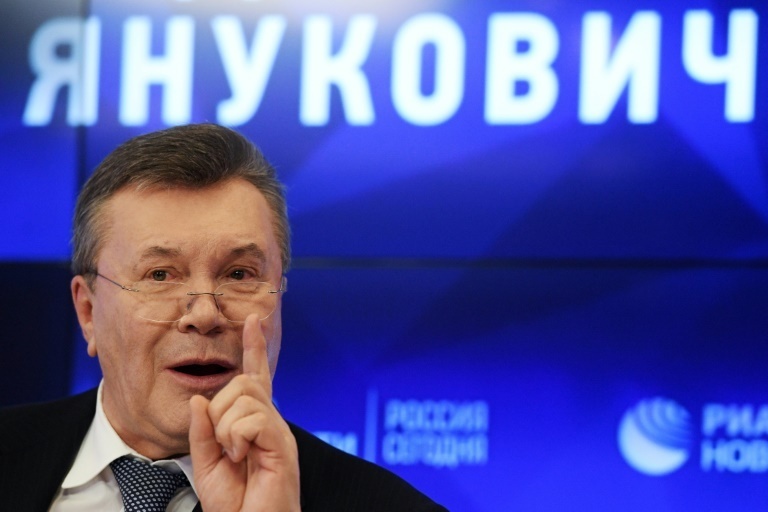
Turkish Defence Minister Hulusi Akar credited Friday's expected departures to "the intensive work of the Joint Coordination Center", according to the Anadolu state news agency. The centre is overseeing the implementation of the agreement.
The deal provides for the establishment of secure corridors in the Black Sea to allow merchant ships to export between 20 and 25 million tonnes of Ukrainian grain held up in port.
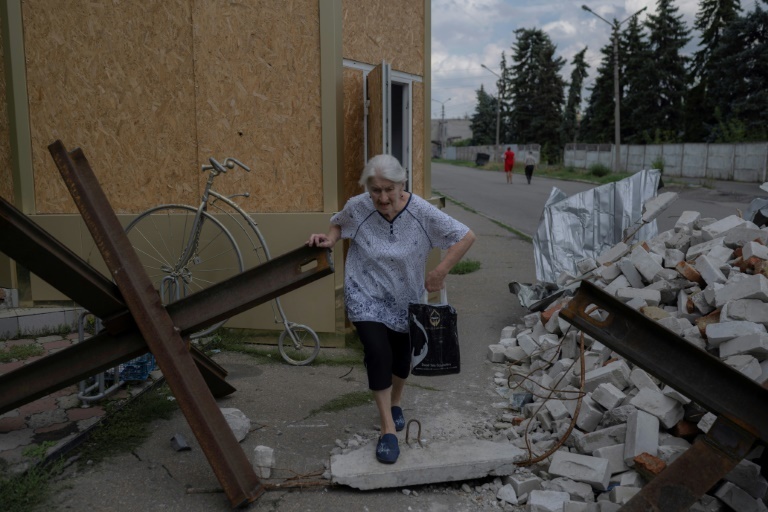
Turkey hopes the agreements could build confidence and lead to a ceasefire between the two countries.
– Ex-president sanctioned –
Separately, the European Union on Thursday announced it was slapping sanctions on former Ukrainian president Viktor Yanukovych and his son Oleksandr for allegedly undermining Ukraine's security.
Yanukovych was overthrown in 2014 by a popular uprising against the pro-Russian stance his government had taken. Following his ouster, Moscow moved to annex Ukraine's Crimean peninsula and the eastern Donbas region.
The EU argues that the now 72-year-old Russia-based Yanukovych still plays a "role in undermining or threatening the territorial integrity, sovereignty and independence of Ukraine and the state's stability and security".
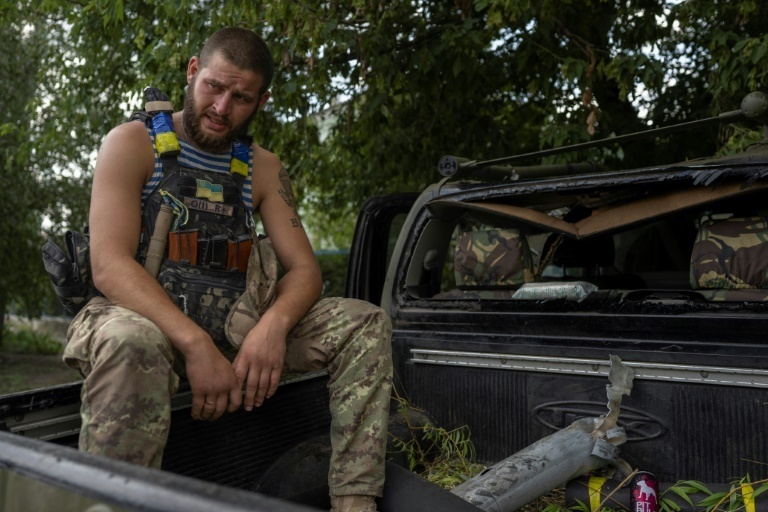
Finland, meanwhile, presented plans on Thursday to limit tourist visas for Russians, who have increasingly flocked to the country to transit to other European nations after flights from Russia were interrupted by EU sanctions.
Finland, along with Sweden, is seeking NATO membership, with the US ratifying the two countries' accession protocols on Wednesday.
bur-mlb/smw/lb
© Agence France-Presse
Your content is great. However, if any of the content contained herein violates any rights of yours, including those of copyright, please contact us immediately by e-mail at media[@]kissrpr.com.
Source: Story.KISSPR.com

